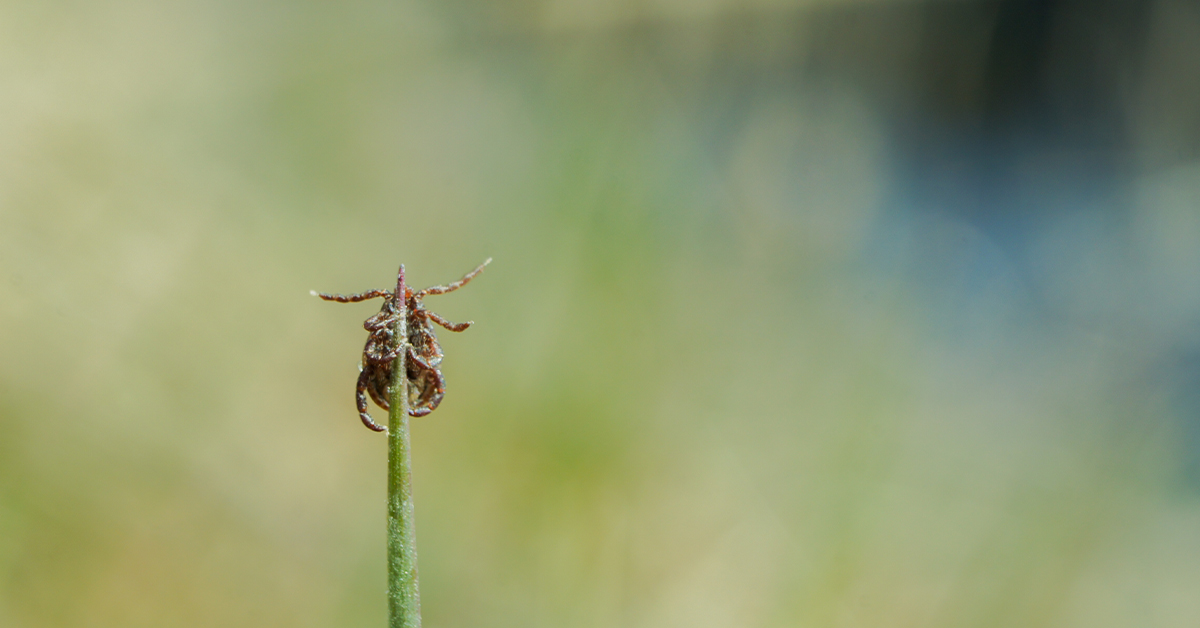Autumn and winter are times for fall festivals and other outdoor events. From skiing, ice fishing, and other winter sports, it is a time of many outdoor entertainment options. Along with spending time outdoors comes the risk of exposure to ticks. But how bad is that risk?
Do Ticks Die in the Winter?
Some of them do. According to the Pennsylvania Department of Conservation & Natural Resources data, “Colder winters can cut down the number of ticks that survive through winter. However, studies show only around 20 percent of the population dies off. Carefully controlled lab experiments, using freezers, show that ticks will die between -2 to 14 degrees Fahrenheit, but, there’s a catch.”
Lab conditions are not the same as in real life. Keep in mind that there is no escape in a freezer, whereas ticks can often find refuge in nature.
Are Ticks Still Active in the Winter?
Most of the species of ticks that transmit diseases to humans in the United States tend to become inactive during the winter. Per a Washington Post article, the notable exceptions also, unfortunately, happen to be the two that spread Lyme disease in the U.S. including the black-legged tick (also known as a deer tick, which is common on Long Island) and its West Coast counterpart, the western black-legged tick.
At What Temperature Are Ticks Inactive?
It varies a bit from species to species. The American dog tick and Lone Star ticks tend to be inactive in fall and winter. The activity of the deer ticks mentioned above decreases only at a temperature below 35-40 degrees Fahrenheit or when the ground is covered in snow. These ticks recover rapidly when it starts warming up.
Can You Get Lyme Disease in the Winter?
Yes, it is quite possible to get Lyme disease during the winter. Ticks can spread many other diseases, such as anaplasmosis, Rocky Mountain Spotted fever, or tularemia.
Can Ticks Survive Indoors?
There are many avenues through which ticks can enter your residence – pets, packages, or your clothes after a hike. Indoor infestations tend to be rare as climate-controlled houses are a terrible environment for them. Humidity above 90 percent is required to thrive, and most cannot survive indoors for more than a few days before they desiccate (dry out) and die.
Trust East End Tick & Mosquito Control® for Year-Round Tick Prevention
East End Tick & Mosquito Control® have been Eastern Suffolk County’s most experienced pest control company since 1997. We provide the East End of Long Island with comprehensive year-round tick extermination. Protect yourself and your family from dangerous disease-carrying ticks by requesting a free estimate or schedule an inspection by calling our Southampton office at (631) 287-9700, our East Hampton office at (631) 324-9700, or our Southold office at (631) 765-9700.


